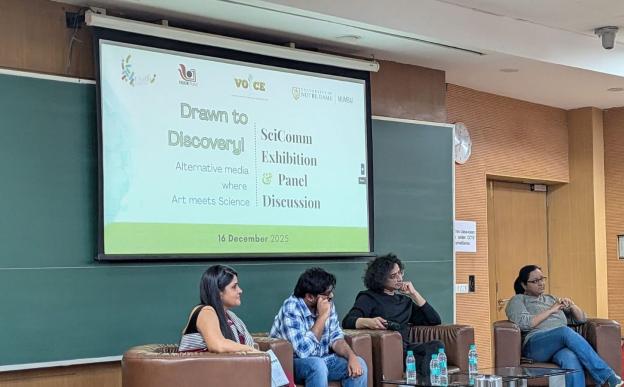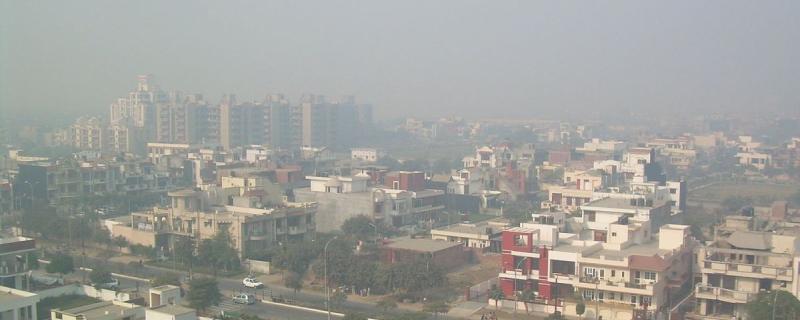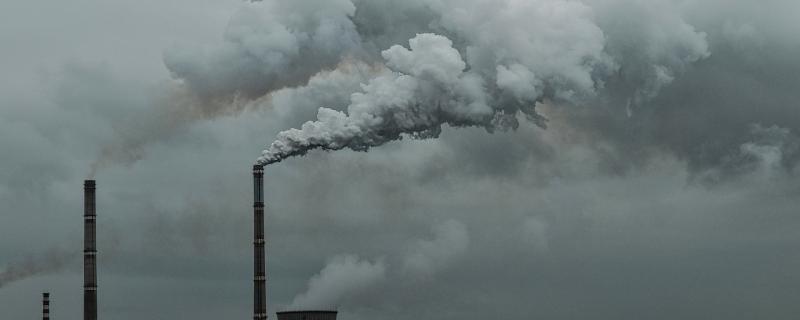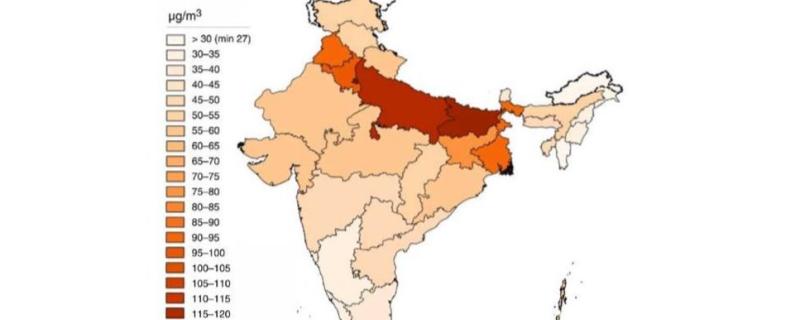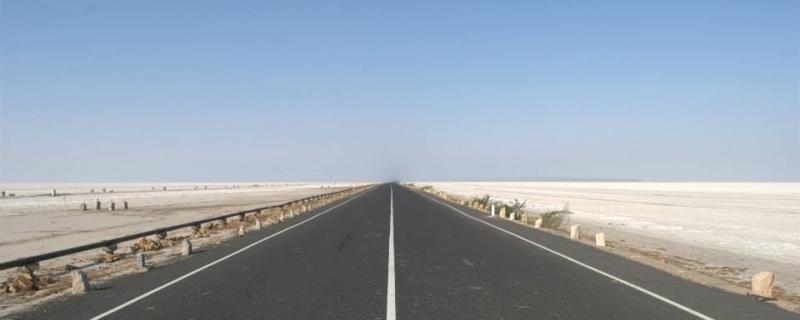With nine of the ten most polluted cities in the world located in India, the country is grappling with increasing pollution that is affecting the health and wealth of its people. In Delhi, the national capital, the news of increased particulate matter in the air hits the headlines very often. Although anti-pollution masks and air purifiers have gained popularity, they are often expensive and inaccessible to the common man.
The Indian Institute of Science Education and Research (IISER) Pune on Tuesday launched the VOICE Fellowship 2025
Pune/
